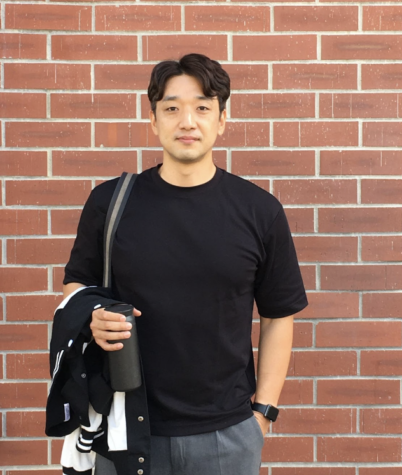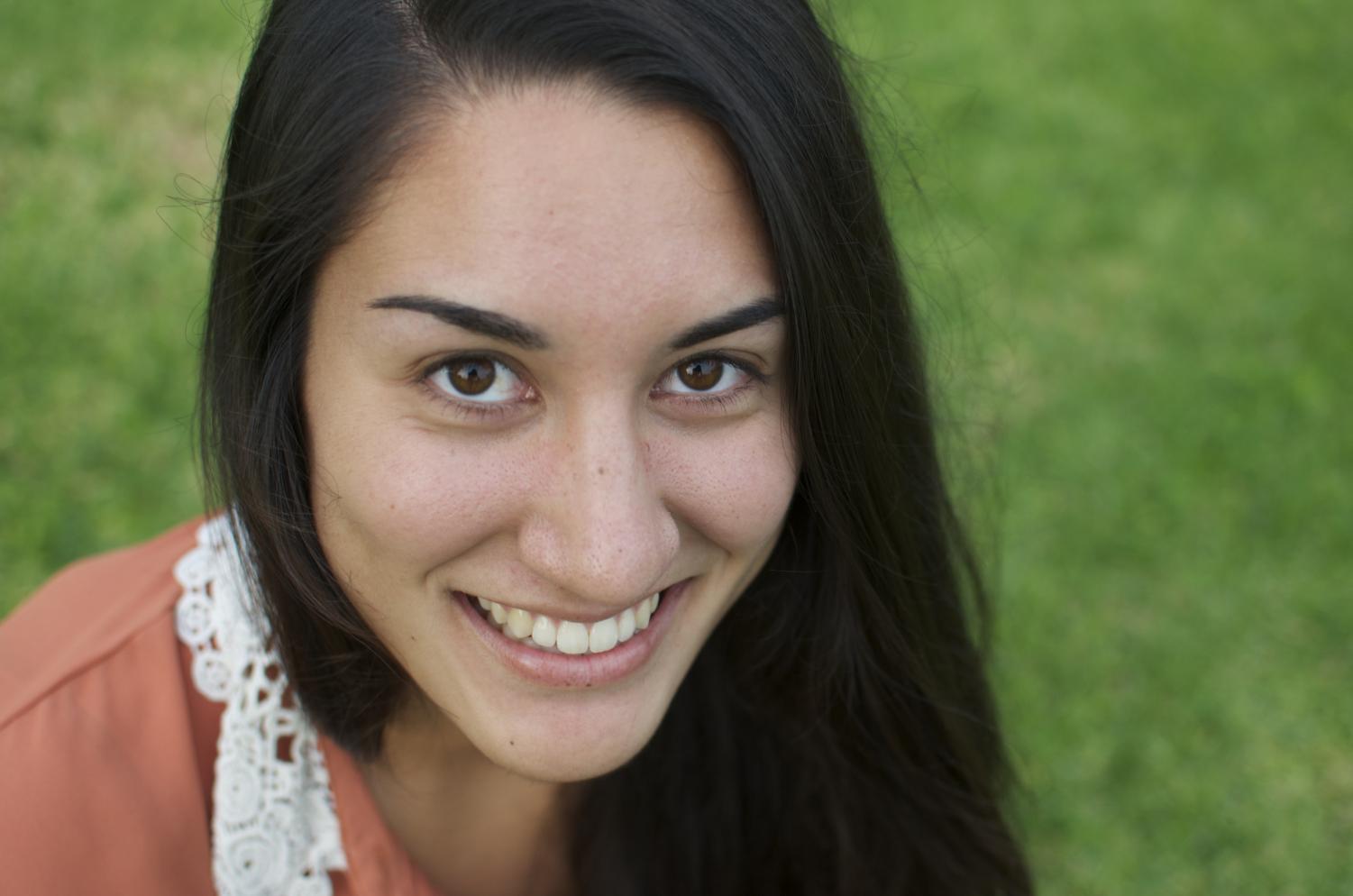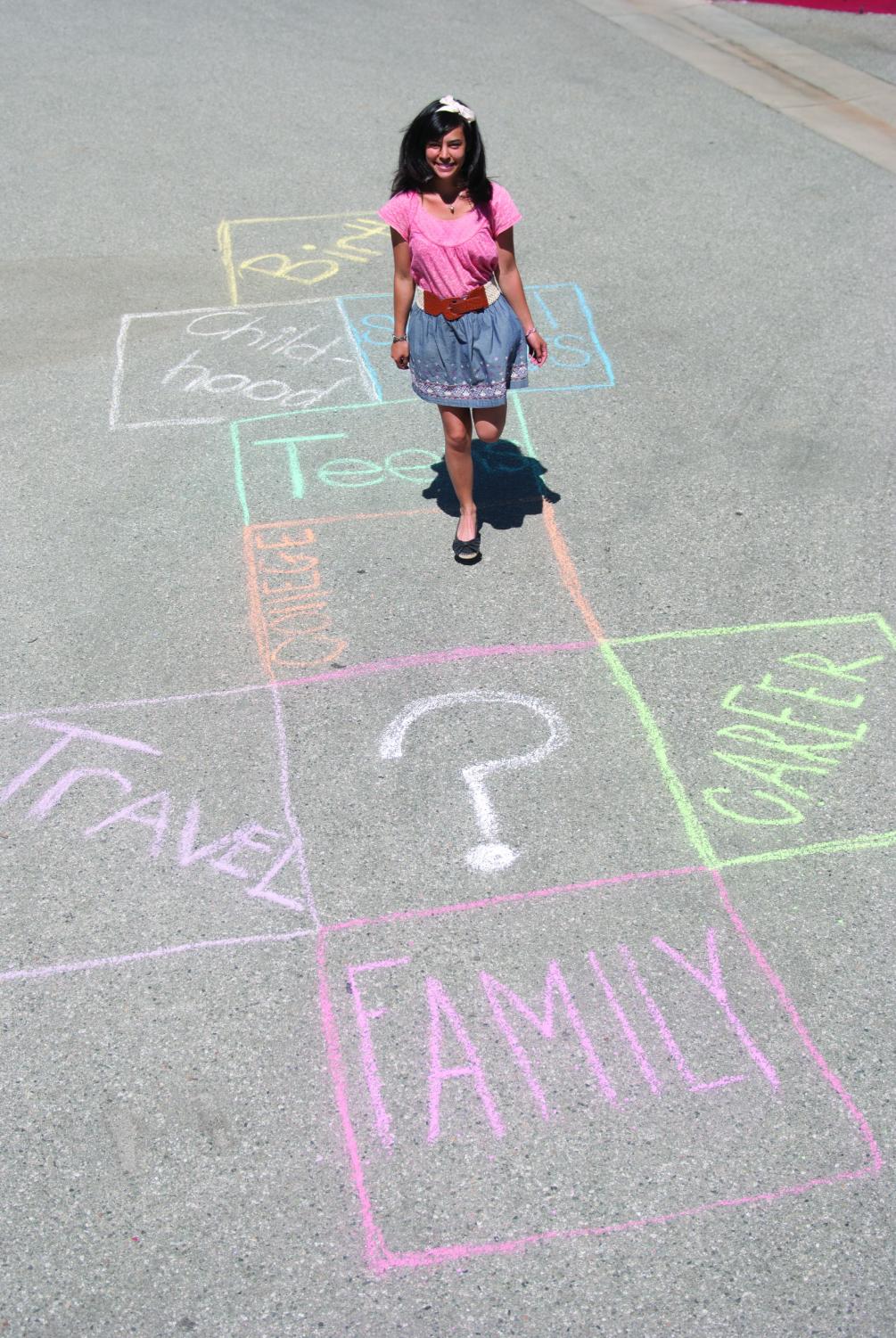
“It is not easy. Finance, culture shock, languages, homesick, feel alone. Sometimes I feel frustrated about the finance and the busy life.”
One of the things that surprised Joshua (Janghyeok) Kim the most when he came to Biola from Seoul, South Korea was the individualistic mindset that he said pervades the university and, to some extent, the whole of American culture. In the United States, Kim said, even going out to a restaurant with friends requires prior scheduling rather than being a spontaneous group activity.
“In Korea, students would all go to lunch together,” Kim said. “In America, you have to make an appointment to go with someone to lunch, or people just drive individually in their cars.”
Kim, who grew up in Seoul with his parents and older sister, is a Masters of Divinity student currently studying for a doctoral degree of ministry at Talbot Theological Seminary. His father works in transportation and his mom is a pastor at a local church. Kim described South Korea as a small country with a population of 15 million and a similar democratic political system to the United States. He noted that most people there are South Koreans who speak Hangul, but in America, there are people from many cultural backgrounds who speak a variety of languages, which was surprising to him at first.
Kim said Biola is popular in Korea because some Korean megachurch pastors graduated from Talbot, which is what drew Kim to come to the United States. Kim initially studied at a Korean seminary in Anaheim; after graduation, he came to Talbot to study theology and learn English. While at Biola, he has taken a variety of courses, including English, Greek, Hebrew, church history and systematic theology. He has also studied more specialized topics, like preaching and discipling.
Kim said that the hierarchical system between professors and students he was accustomed to in Korea is much looser in the United States. He was surprised to see professors and students joking around and caught off guard when people ate food in class, something which is not done in Korea. Kim explained that in Korea, there is an ingrained cultural hierarchy with authority figures — pastors, fathers, teachers — at the top, and those below them are expected to obey. The more egalitarian nature of the United States was new, as was Biola’s individualistic culture.
Along with differences in social customs, Kim has to navigate the challenges of taking all classes in English, his second language. Currently, learning the grammar rules of English writing is his biggest hurdle. Kim said that professors are understanding, though, and when he asks for extensions on papers, they give him more time to write.
“Most international students who work full time or part time while attending school have a busy life and feel tired, but have to keep encouraging themselves,” Kim said. His determination and internal drive to succeed give him the strength to navigate a foreign culture and persevere through the stress and struggle of homesickness.


